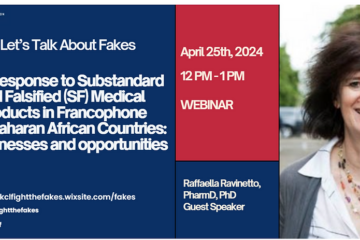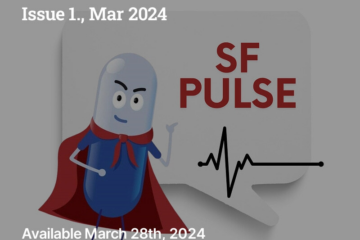This article was originally published in The Pharma Letter.
EFPIA highlights 17 billion euros cost of counterfeit drugs
30-09-2016
The European Federation of Pharmaceutical Industries and Associations (EFPIA) has highlighted the findings of a new report in calling for a global response to the problem of counterfeit medicines.
Published by the European Observatory on Infringements of Intellectual Property Rights and titled The economic cost of IPR infringement in the pharmaceutical industry, the report assesses the financial impact of counterfeiting and piracy in the sector and underscores the serious public health threat it poses.
Trade group EFPIA is hopeful that the report will provide a springboard to tackle a phenomenon which can have life-threatening effects as counterfeit medicines may contain the wrong active ingredients, the wrong dose or dangerous substances that may contribute to drug resistance, further illness, disability or even death.
They frustrate the concept of quality of medicines and no category of drugs is safe from this dangerous practice, as it affects originator, generic, prescription-only or over-the-counter medicines alike.
Although the extent of counterfeiting activities and their impact is difficult to quantify reliably – given the complexity of pharma markets and the often criminal nature of counterfeiting activities – estimates suggest that 10% of all medicines supplied globally are falsified.
The report estimates that counterfeiting costs the pharmaceutical industry and Europe more than 10 billion euros ($11.18 billion) each year and may result in the loss of up to 40,000 direct jobs.
When taking into account the broader and indirect effects of counterfeit pharmaceuticals on other sectors, this translates to a negative impact of more than 17 billion euros and 90,000 job losses.
The surge of counterfeit medicines being on offer during recent years is attributed to significant criminal networks, attracted by high profit prospects, the low level of sanctions and the ease of trafficking, through, for example, e-commerce.
An estimated 30,000 illegal sites targeting European citizens operate on a daily basis, at the detriment of patients’ health.
In response to the report, an EFPIA statement said: “Counterfeit medicines represent a worldwide threat and there is therefore a global shared responsibility to tackle the issue effectively and promptly.
“Measures must be introduced to protect patients, by improving product security throughout supply chains, through, for example, the European Medicines Verification System, currently being set up by manufacturers, traders, wholesalers and pharmacists in the context of the implementation of the falsified medicines directive, but also by increasing the sanctions – this is why EFPIA supports the MEDICRIME Convention.”
EFPIA has also stressed the importance of the Fight the Fakes campaign in raising awareness of the dangers of counterfeit medicines, offering a voice to victims and those working to put a stop to this threat to public health.
“It is only via a multi-stakeholder and multi-disciplinary, collaborative approach that we can ensure success in the fight against this negative and life-threatening phenomenon,” the statement concludes.


